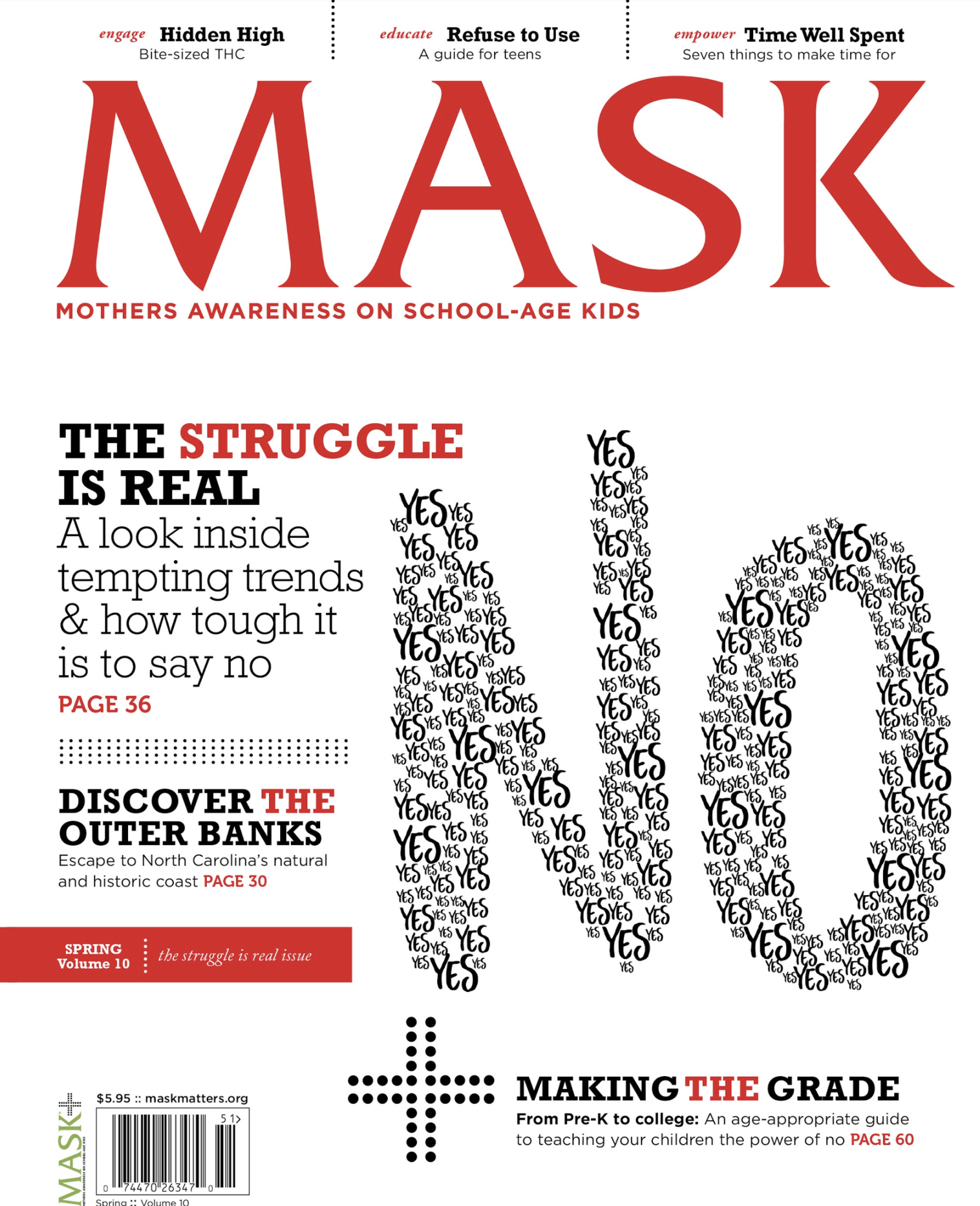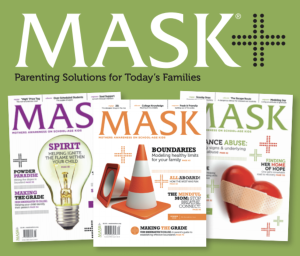
Strong Roots
October 22, 2021
Solidifying Sportsmanship
October 24, 2021Teaching children refusal skills is very important. However, culturally and historically, children haven’t been given the right to say no or have input on what happens to them. As the most vulnerable members of our society, children’s wishes ought to be respected as long as they are safe, healthy and meeting appropriate expectations.
“If we don’t allow our kids to say no—if we don’t teach them how to say no—then how can we blame them when they say yes to friends offering them marijuana or to online predators offering to meet with them at a party?” says Dr. Shefali Gandhi, a licensed psychologist in Scottsdale, Arizona. “Shifting our parenting expectations to allow for negotiation, healthy boundary setting, and respectful disagreement can teach them life skills that will help them succeed as adults.”
The Power of No for Pre-K
We all know they’re called the terrible twos and terrifying threes. It’s because children at this age are learning how to say no. It’s interesting that developmentally, they meet this stage so early on. And yet parents try to train this ability out of them. That’s not to say we should let them run amuck; but helping them learn how and when to say no appropriately can start as early as age 2.
Establish clear limits based on your family’s values and allow them to choose the rest. Set clear, developmentally-appropriate expectations such as “no hitting,” but allow them to choose what they wear (weather appropriate). We know that preschool-aged children learn through observation and imitation, so model saying “no, thank you” and other appropriate boundary setting-behaviors as a way to teach them how to say no. Give them the option to pick between two acceptable choices. This will help them feel empowered to choose, as well empowered to say no.
Introduce the topic of learning how to accept no, as well, by talking about how they feel when they hear a no. Developing their skills regarding empathy can also help them understand refusal skills from both sides.
To learn more add the Struggle is Real Issue to your MASK Library
MASK the Parenting Magazine a quarterly publication providing solutions for Today’s Families.
The parenting manual offering solutions to the modern-day challenges families face. From Pre-K
through College stay up to date on the modern day issues families face.
Are you up to date on the issues your child is facing?
MASK Mothers Awareness on School-age Kids offers parenting solutions for today’s families. MASK tackles important topics – from drugs and alcohol to bullying and Internet safety -and gives students, parents and the community the knowledge and tools to manage these potential challenges.
Subscribe today! https://www.tools4teaching.com/product/mask-the-magazine/
Download and share the MASKmatters app now! Made for children, parents, teachers and in Spanish.
Have solutions at your fingertips
Available free on apple and google play links below
Apple https://apps.apple.com/us/app/maskmatters/id1482305692
Google Play
https://play.google.com/store/apps/details?id=com.maskmatters.maskmattersapp&hl=en_US&gl=US





